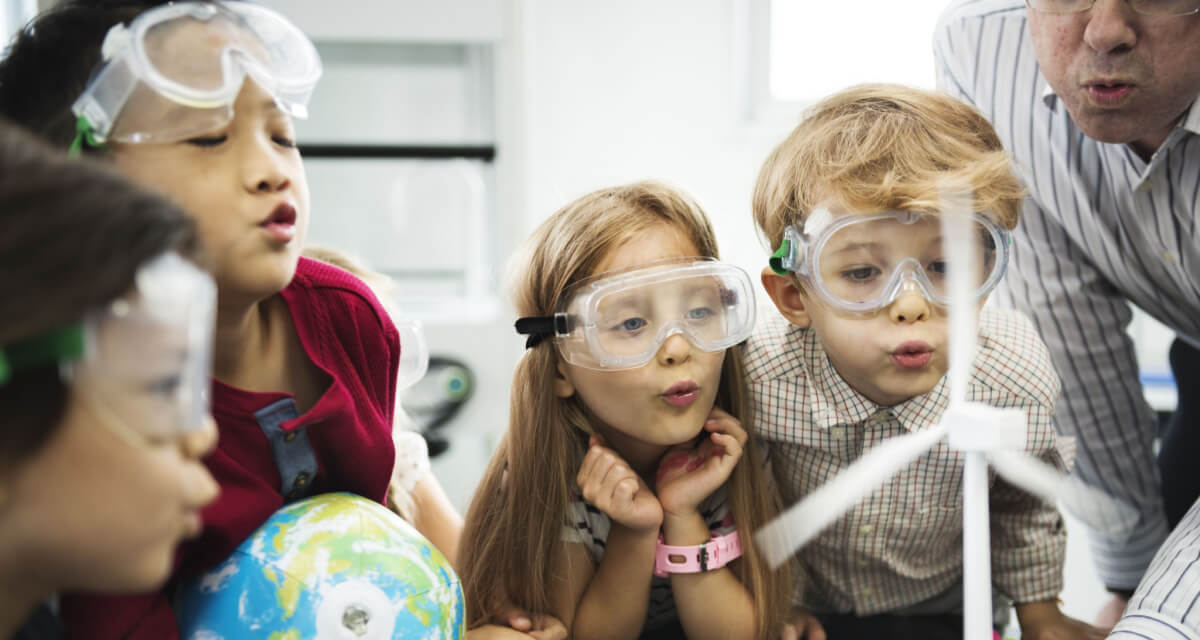October 21, 2022
For independent schools, mission is the differentiator. As all schools try their hardest to create competitive academic programs which position students to excel, the mission serves as a unique expression of a school’s value proposition and culture. But can you directly identify where your mission emerges in classroom learning experiences?
School mission statements tend to feature Competencies like creativity, courage, leadership, or a growth mindset. Though portraits of a graduate and mission and vision statements often feature such Competencies (sometimes referred to as “21st-century skills” or social-emotional learning (“SEL”)), schools and teachers can find it challenging to point specifically to where the learning of these crucial pieces of a modern education happens. Though they receive a lot of lip service, Competencies are often haphazardly taught and not evaluated, unlike content such as math, writing, and science. At the Center for Curriculum Redesign (CCR), our goal is to make learning competencies deliberate, systematic, comprehensive, and demonstrable.
CCR conducted an intensive research effort to help schools and teachers identify which of the twelve competencies featured in a 4-Dimensional Education are the best fit for each discipline. With a clear focus on just a few “core…


